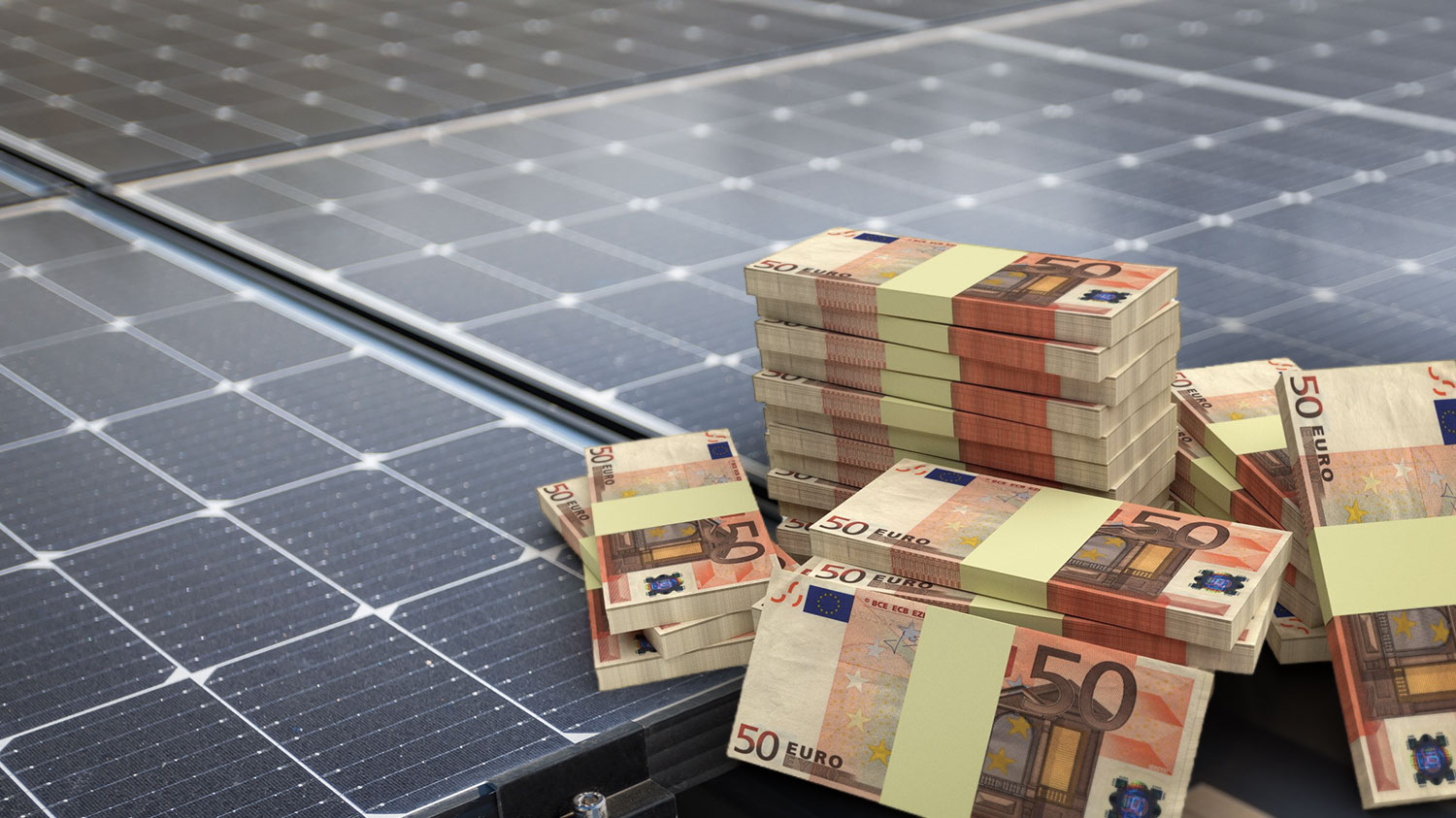The I-study of energy habits and self-consumption of photovoltaic energy is an opinion poll in which more than 1,000 Spaniards participated. It was promoted by Helios Energía and EnchufeSolar and shows that half of Spaniards believe it self-consumption is ‘something for the rich’.
According to the first study on energy habits and self-consumption of photovoltaic energy, prepared by EnchufeSolar and Helios Energía, 50.10% of Spaniards believe that solar panels and self-consumption They are only intended for families with high purchasing power. A false myth that the remaining 49.90% of respondents disagree with, believing that today they are accessible to all budgets.
Dismantling the myth of self-consumption for the rich
Without going further: the reality is that the price of photovoltaic components for self-consumption has fallen by more than 30% in the last two years, reducing the payback period of a standard solar installation to around 3-4 years or even less in some cases.

In addition, various types of assistance and incentives are emerging, such as deductions on income tax returns, bonuses in the IBI and direct support for purchases where promotion of self-consumption among all Spaniards.
On the other hand, according to the study, 54.40% of the population believes that it is profitable to install solar panels, compared to 14.80% who consider this investment unprofitable. The response of 30.8% of respondents is striking: they do not know whether this is the case The self-consumption of photovoltaic energy may or may not be a profitable investment.

“The lack of knowledge that still exists today about the renewable energies in general and self-consumption of photovoltaic energy in particular. At EnchufeSolar, where we have been carrying out photovoltaic installations for more than 13 years, we believe that it is essential that public institutions promote more education about solar energy and dismantle the false myths about its price and profitability, with the aim of: phase out fossil fuels and achieve the sustainability goals our planet needs,” says Antonio Gómez, Director of Operations and Business Development at EnchufeSolar.
Is solar energy profitable?
There is currently a branch of approx 10 solar panels for own consumptionthe most popular for a home, typically has an estimated price of $5,000. If we only take into account the bonuses in personal tax and IBI, the actual price we ultimately have to pay per property is approximately € 2,000.
For a family with an electricity consumption of approximately €100 per month, the installation of 10 panels can mean a savings on the electricity bill of €70/month, i.e. €700/year. That’s why that family the investment would be depreciated in less than 3-4 years.
The key to making a solar installation profitable is that it is fully adapted to the wishes of the company or business in which it is carried out. It is necessary to analyze consumption in detail in order to estimate the photovoltaic project needed for each specific home or business. Nowadays we are even working on projects that, with the right measurements, can reduce the electricity bill to 0 euros.
Also for families who do not live in a single-family home or do not have enough space on their roof, There are other forms of self-consumptionsuch as the collective, which allows you to benefit from energy without having to have your own installation.
The most important thing is to keep moving forward use of photovoltaic energy in our country, not only because of the significant economic savings it brings to citizens and businesses in the complex context in which we operate, but also because of its positive impact on reducing emissions and increasing the consumption of cleaner energy.
He own consumption It not only saves thousands of euros for citizens who choose this renewable energy optionbut it is also a sustainable alternative to protect the environment and prevent greenhouse gas emissions related to electricity production.

